
The past year has been near-legendary for indie games – from the smash-hit success of Balatro, to games that crept up into success like 1000xResist. Nearly every month, dozens of indies dropped to soak up players’ time. But despite those successes, indie developers felt the harrowing issues of the video game industry just as keenly as anyone – from a lack of funding to issues of even getting their game discovered in the first place.
With that in mind, Inverse had a chance to talk to the winners of this year’s Game Developers’ Conference and Independent Game Festival Awards. Despite the rampant innovation in the indie game scene, we asked them what the industry as a whole could do to get indie developers more support – and there were some obvious trends that emerged.
Here are their answers, uncensored and verbatim.
Question: If there was one thing the industry could do to give indie developers more support, what would it be?
Slot Waste - Best Student Game
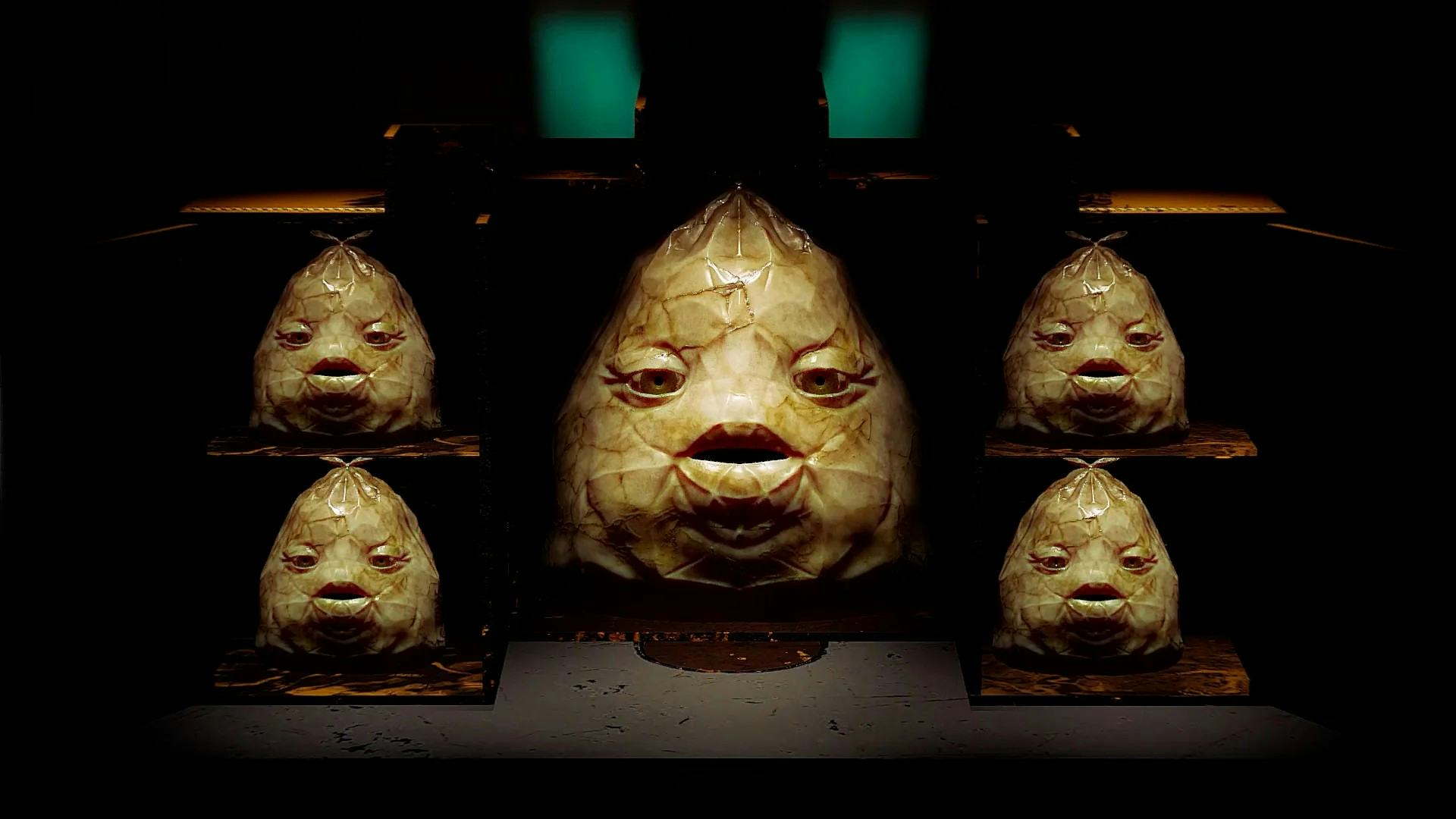
Vinny Roca, Designer: The biggest thing [the industry could change] is the willingness to take risks on projects that seem bizarre, and wouldn't seem able to do well. What I found with making my own game is that although it was strange, absurd, and experimental, it really found an audience online that was willing to, as I oftentimes said in the comments, spend the price of a cup of coffee.
To engage with something that would, for a moment, change how they think about the world. And taking the chance to risk financially on some of these projects is what we need.
Tactical Breach Wizards - Excellence in Design
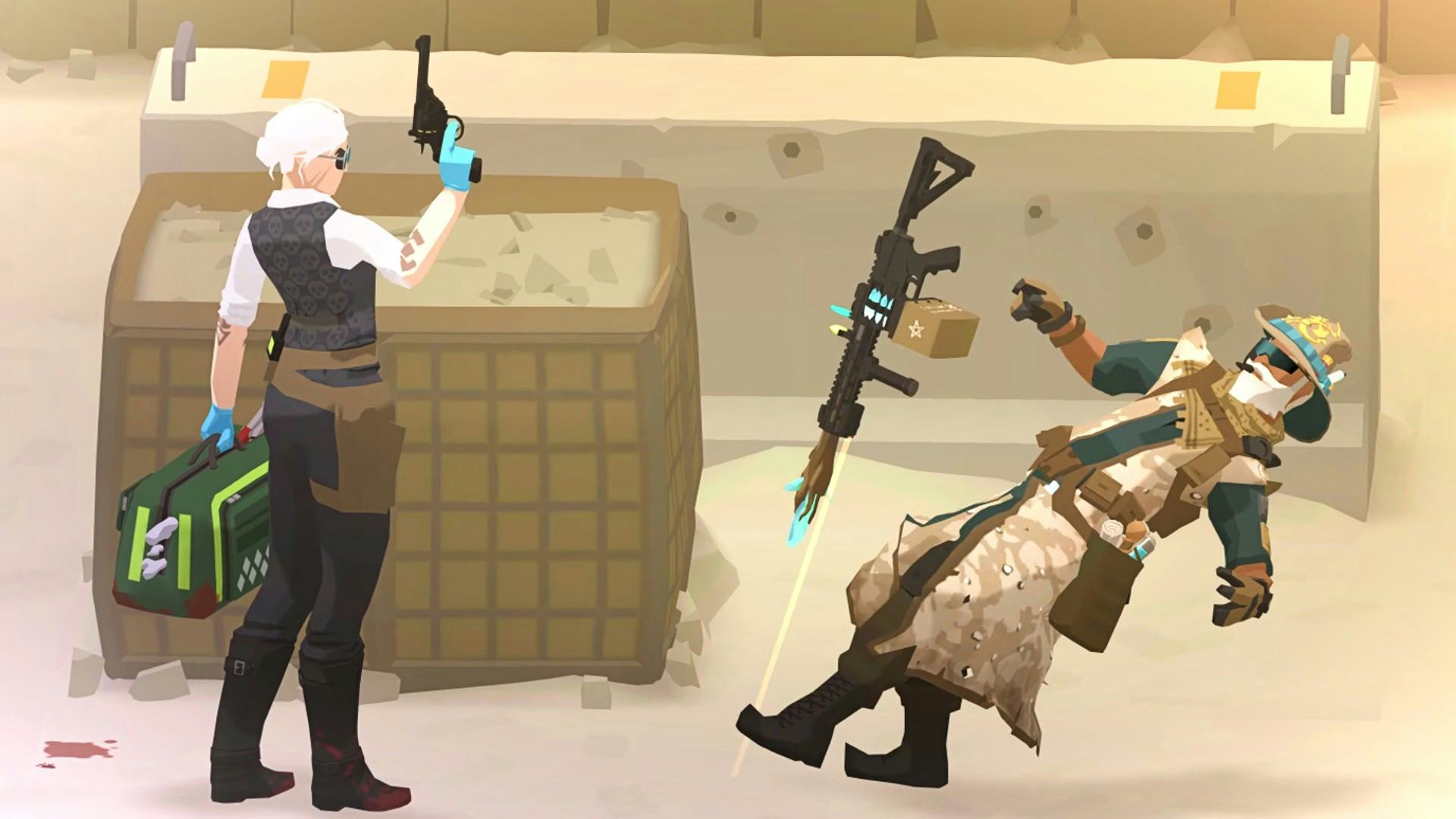
Tom Francis, Designer: I've always thought if I were one of the companies that has hundreds of millions of dollars at my disposal, I would not invest hundreds of millions of dollars into one game idea. I would give a million dollars each to 100 different game developers. (It's a bit idealistic.)
But also, when stuff like Balatro and Minecraft and so many of the biggest hits of the last 20 years of games have come from a very small team having a great idea, I feel like having a better shot at that would be good. Actually, it's more impractical to spend money that way.
Just give a lot of independent developers money to make what they want to make, and sure, tons of it won't pay for itself, but the ones that do pay for themselves, do 1000 times over.
ChromaCorp ArtCenter - alt.ctrl.gdc Award
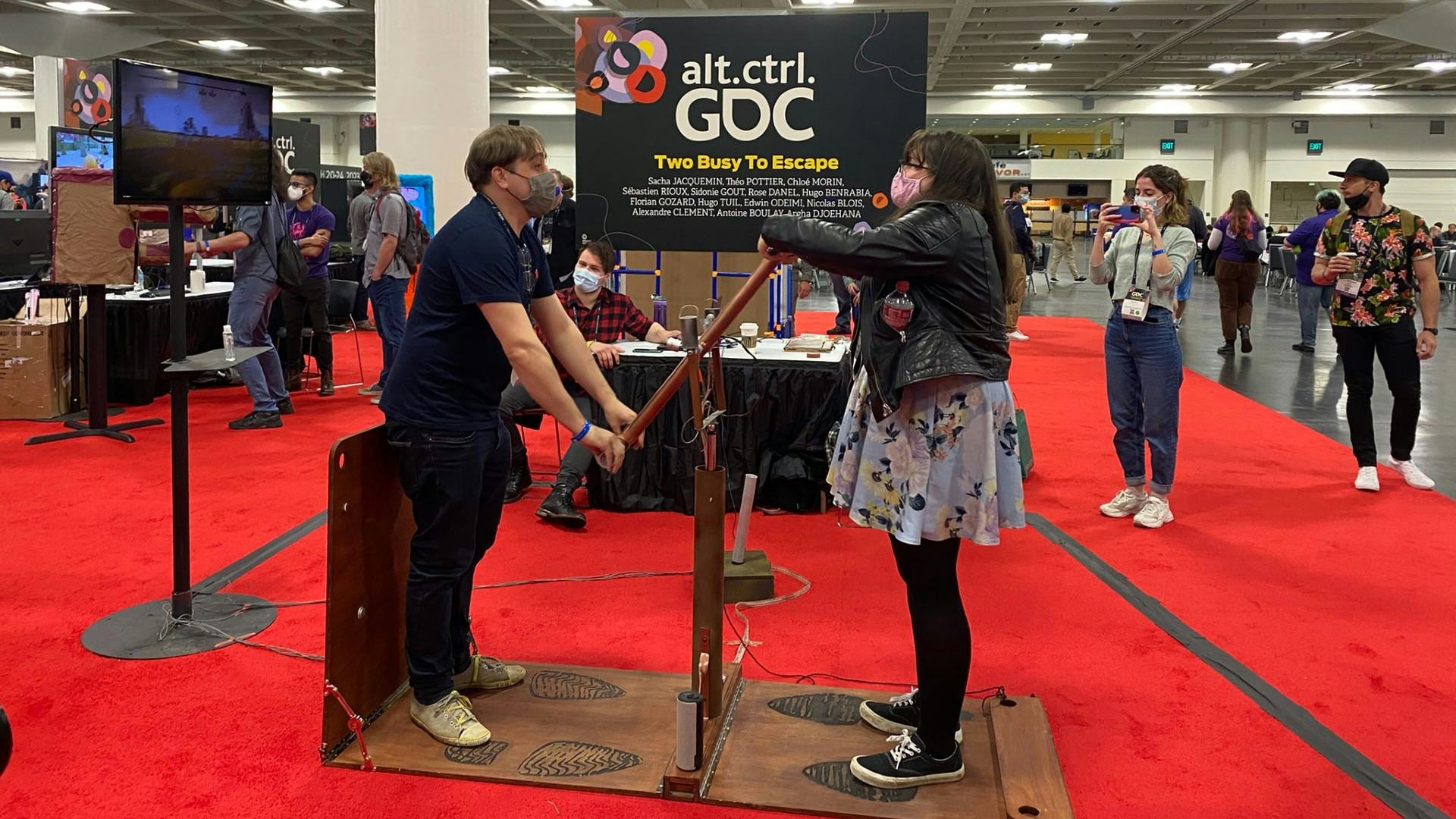
Christophe Gomez, ArtCenter’s associate chair of the Game Design program: Being less risk-averse. Embracing creativity instead of making the same type of game again and again. That’s what’s missing today.
Ethan Chamberlain, Student at ArtCenter: They [developers] feel like there's too much to lose. And there is, but at the same time, there's innovation.
To bring it back to alt.ctrl, the award we won, that's what makes it a special place. Because we don't necessarily look for a market fit. We're not chasing the same kind of financial models. It's this world of experimentation and being different. It's just making games that we love, that we would love to have other people play for the joy of the craft, as opposed to other kinds of financial incentives.
Justin Andarza, ArtCenter Faculty: The long-term development model has been something that I think that indies have been able to exploit in a way that other communities aren't. The continued media coverage of that stuff is usually much to the indie games' benefit, like the No Man’s Sky model as it were. It allows for games to thrive.
Hauntii - Excellence in Visual Art
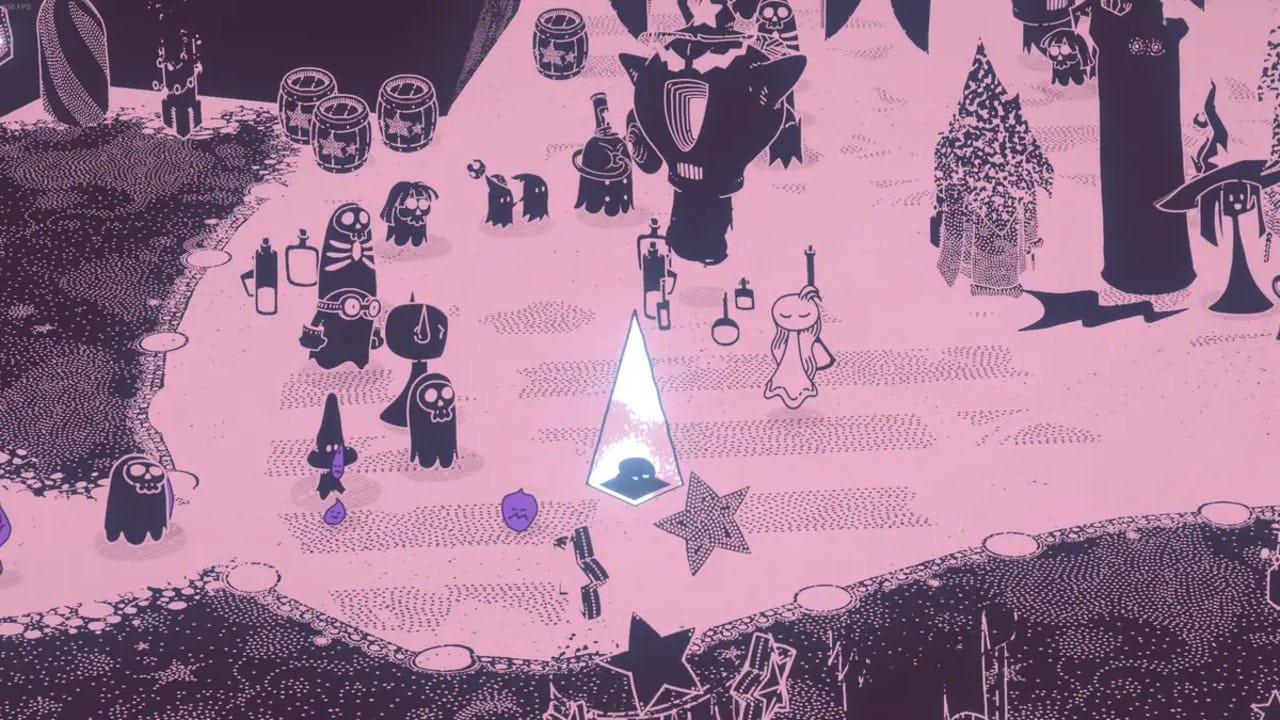
Ben Savello, Sound Designer: What I really appreciate is that there are a lot of developers who are very intentional about making themselves available for mentoring, and it means so much. I'm fairly new in the industry, and it meant a lot to me getting into it.
Michael Kirby Ward, Composer: Honestly, it would be more publishers excited to take more risks on smaller, scoped projects. Less gigantic blockbuster potential, but smaller audiences that feel really passionate about the art.
Despelote - Excellence in Audio
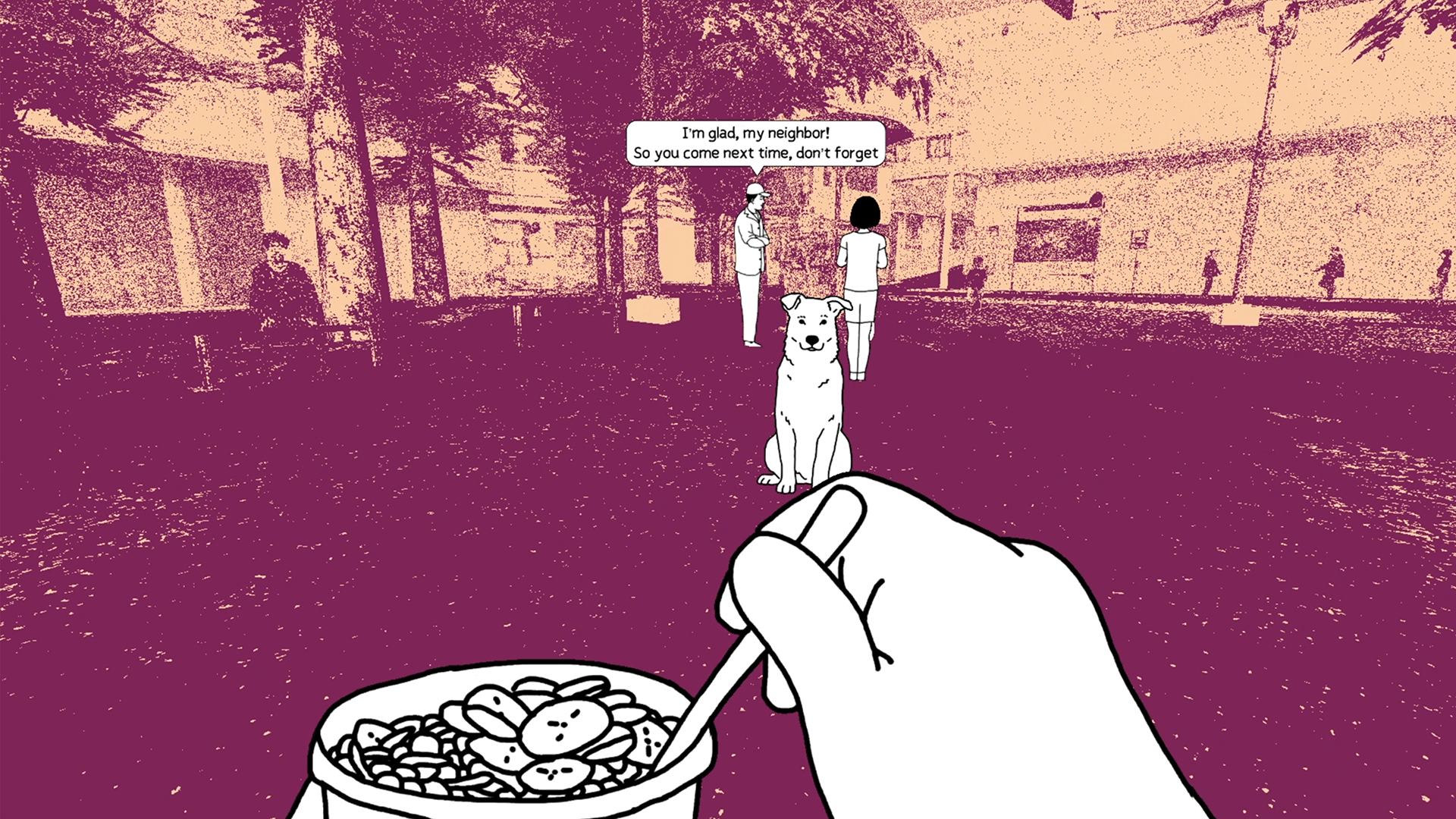
Julián Cordero, Designer: I really want for us, we come from Latin America, and we feel very grateful that we're here [at GDC] – but at the same time, we’d love for us not to have to come here. We want to come here because we want to, not because it’s the only way we can actually reach even other Latin American people. That’s my dream.
The WereCleaner - Audience Award
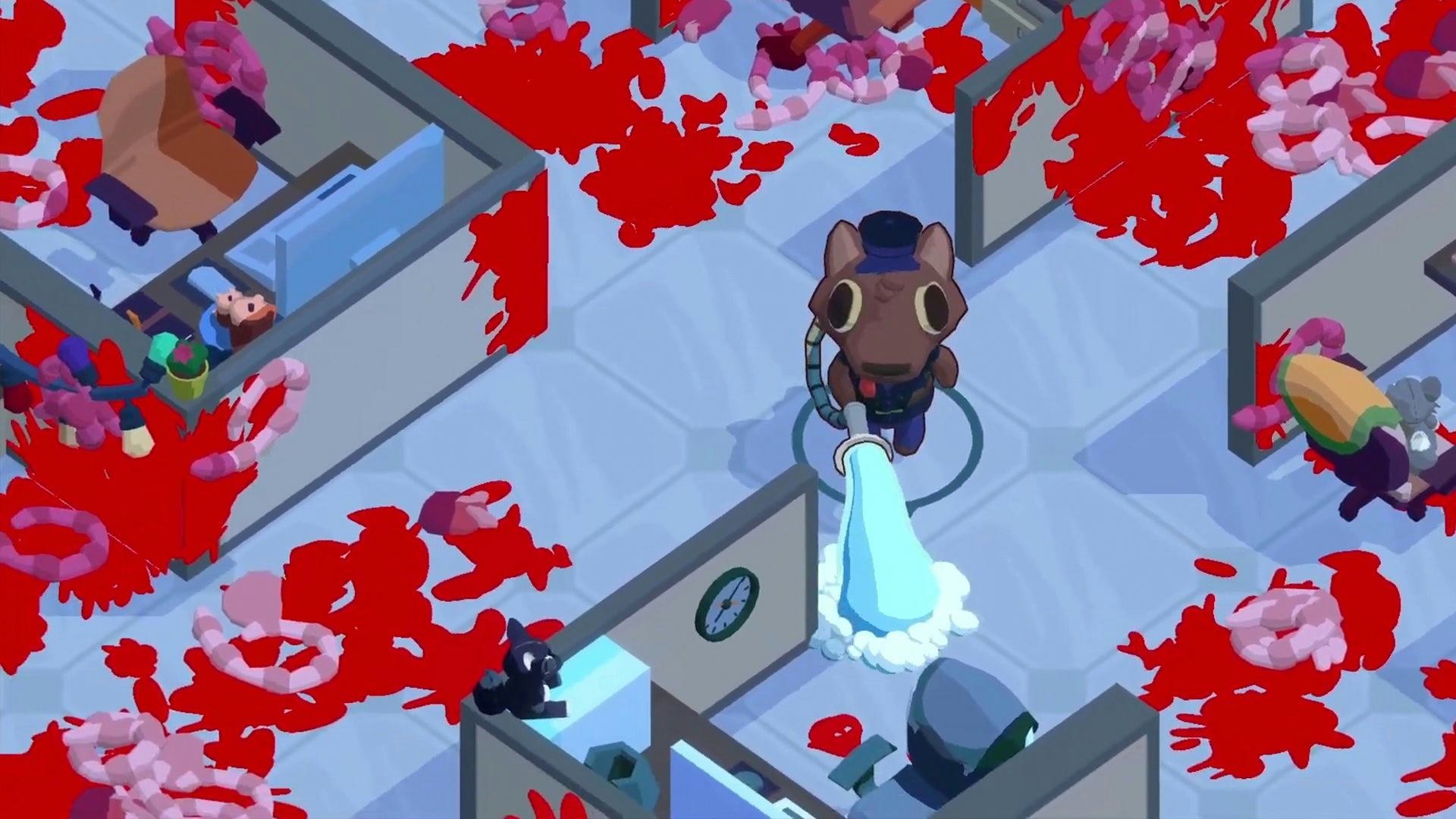
Mason Sabharwal, Creative Director: Indie developers do a good job of this already, to a certain extent, of just supporting each other. There are a lot of things for community and spaces for indie developers to properly find each other.
The industry is great at supporting creativity, but the ability to create is sometimes hard to help because it means acquiring funding, and it's not the easiest thing to cover. We’re great at creating welcoming spaces, but it’s hard to help indies keep creating.
Caves of Qud - Excellence in Narrative
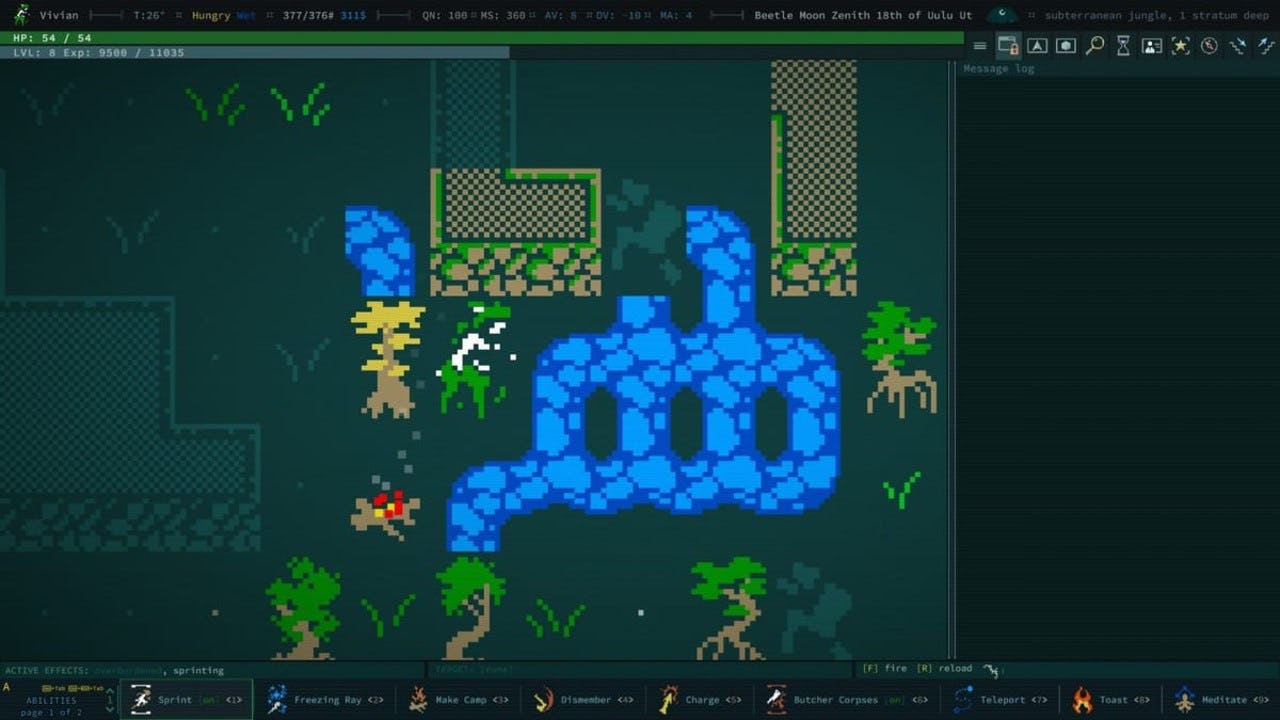
Jason Grinblat, Co-Creator: The really stupid answer is just give them more money. Change the capital structure so that they have more money, and so that the workers have more money.
Caelyn Sandel, Writer: The best way to kill video games is to let money dictate which ones exist and which ones don’t.
“The best way to kill video games is to let money dictate which ones exist and which ones don’t.”
Consume Me - Grand Prize
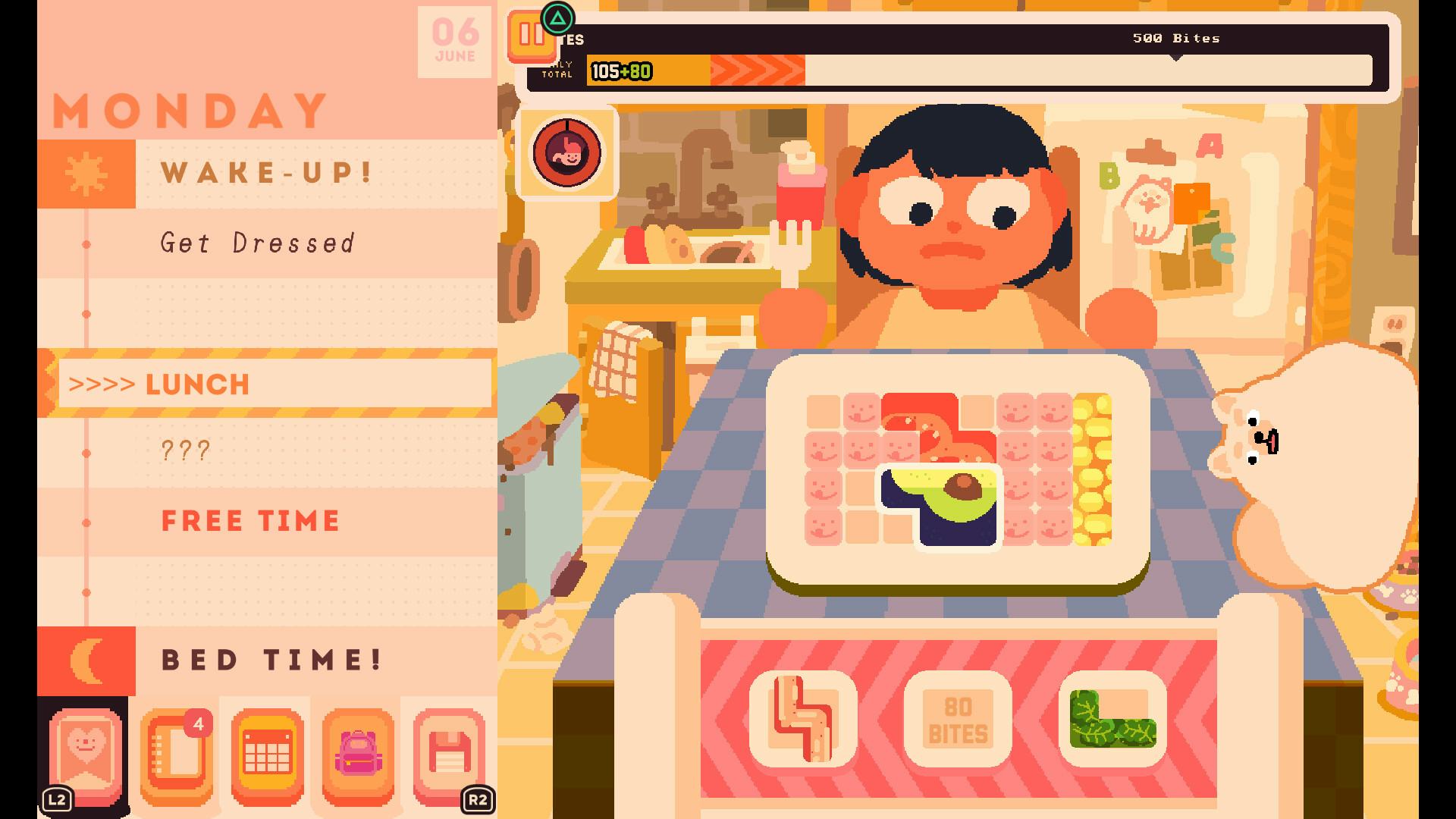
Jenny Jiao Hsia, Co-Director: Give them more money, big budgets, millions of dollars.
AP Thompson, Co-Director: I would maybe say it a little bit differently (laughs), but just smaller budgets put to greater numbers.
Balatro - Best Design, Best Debut, Innovation Award, Game of the Year
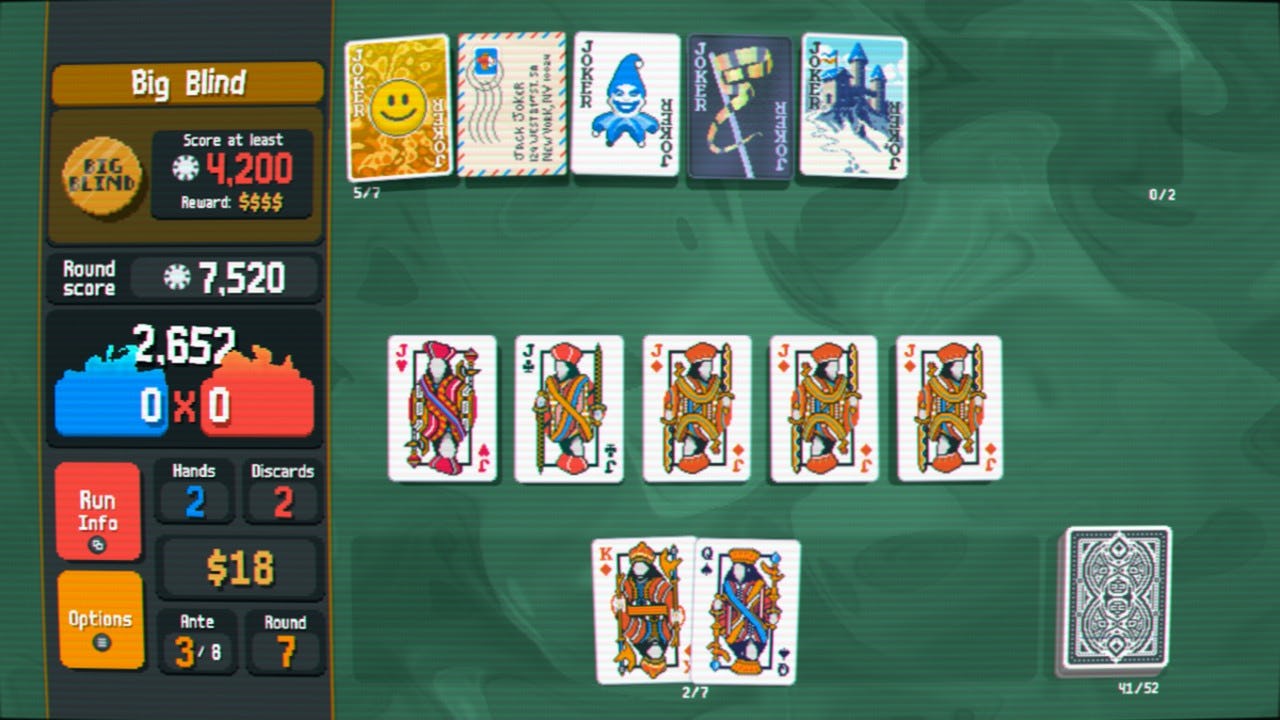
Patrick Johnson, Head of Discovery at Playstack: More easily accessible funding, that isn't based on making a ridiculous amount of money back. Reasonable budget, but more access for the people who need those reasonable budgets.
Sam Lake, creative director at Remedy Entertainment - Lifetime Achievement Award
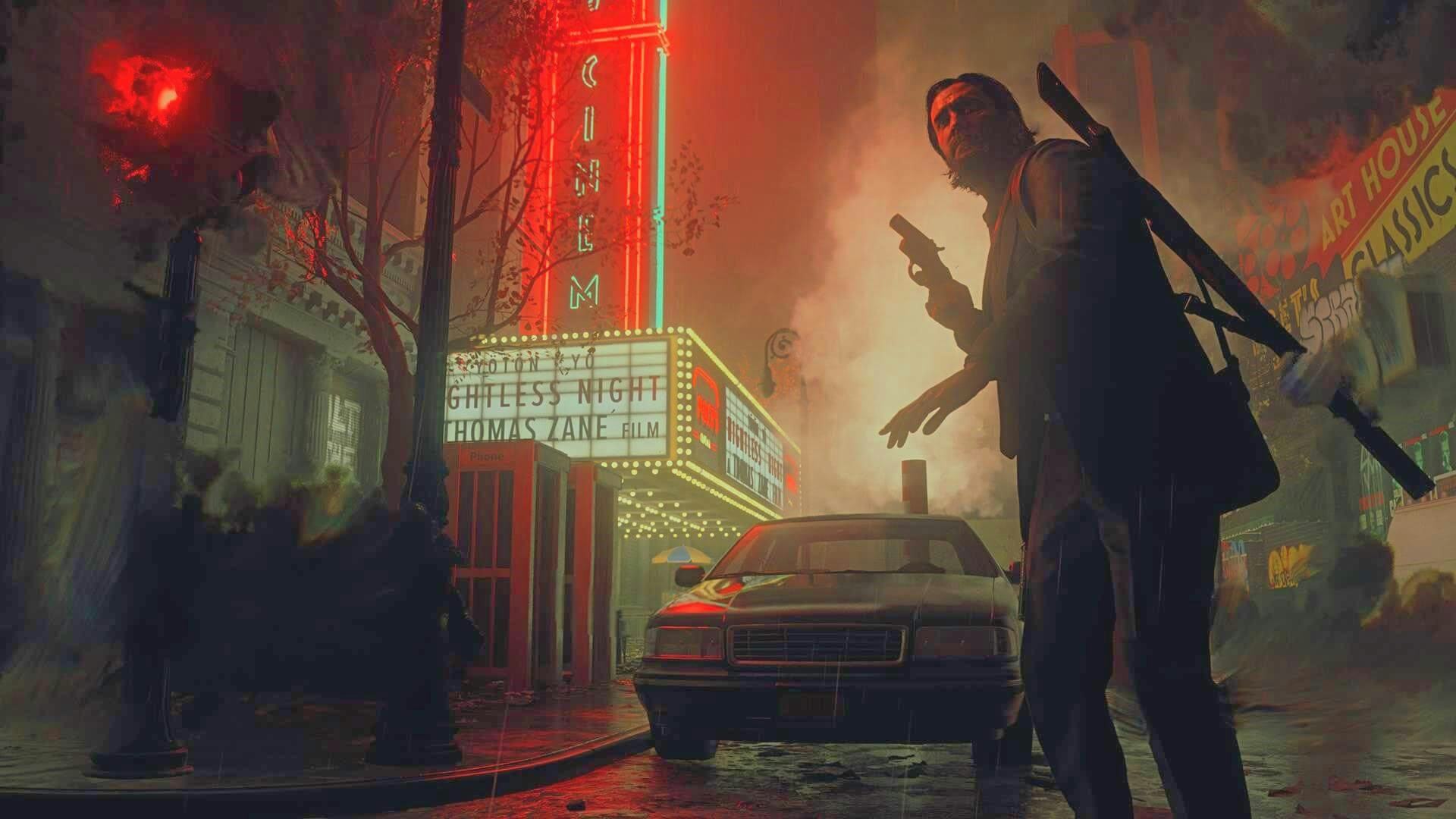
I would say visibility. Helping show that the games are out there, because I feel that that's the struggle overall. These days, there’s so much noise coming from every direction that if people don't know about your work and your creation, it just gets buried so easily that people won't find it.
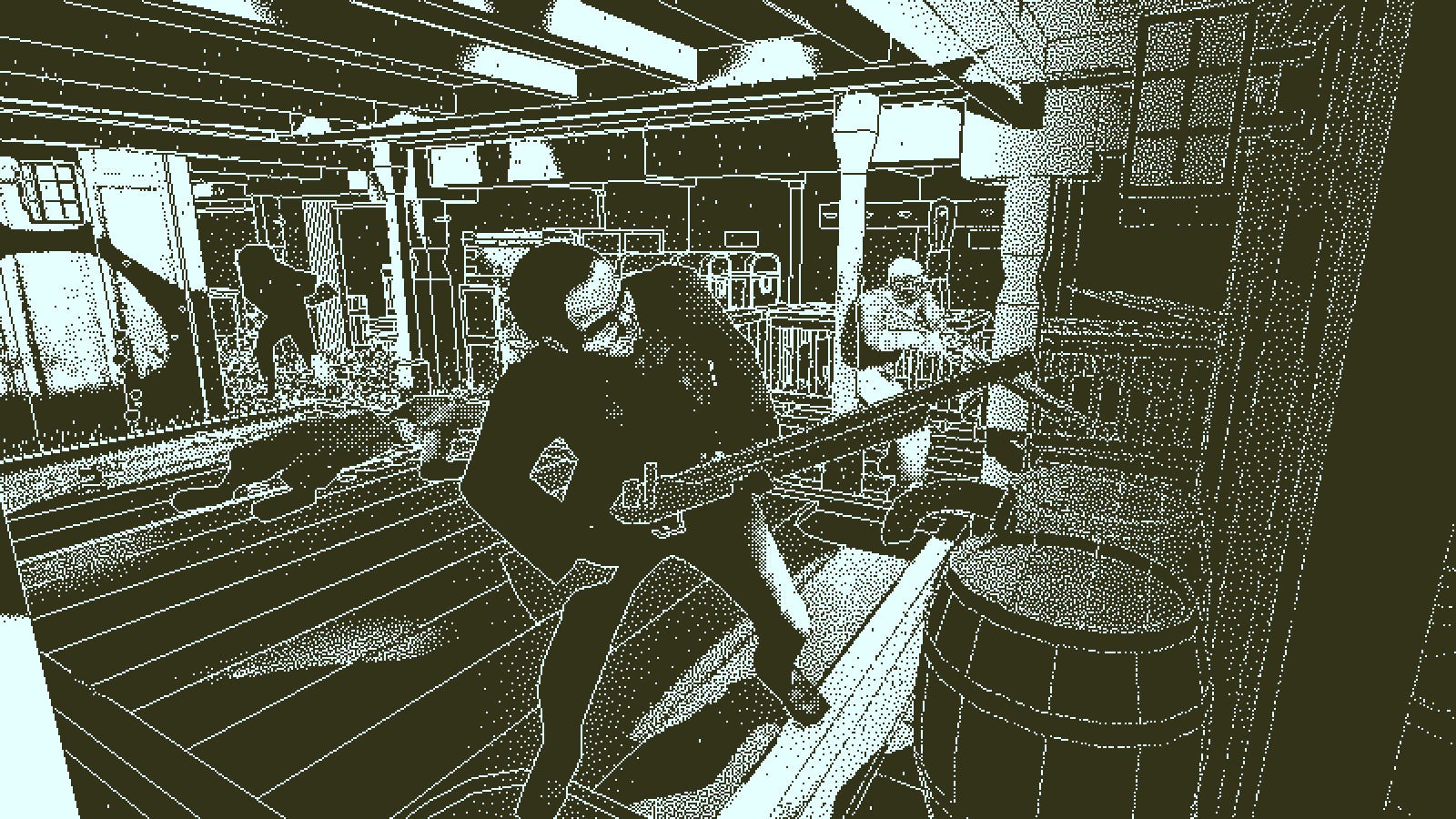
Lucas Pope, creator of Papers, Please and Obra Dinn - Pioneer Award
Buy anything. Any kind of game that’s made by an indie developer. Buy it.







